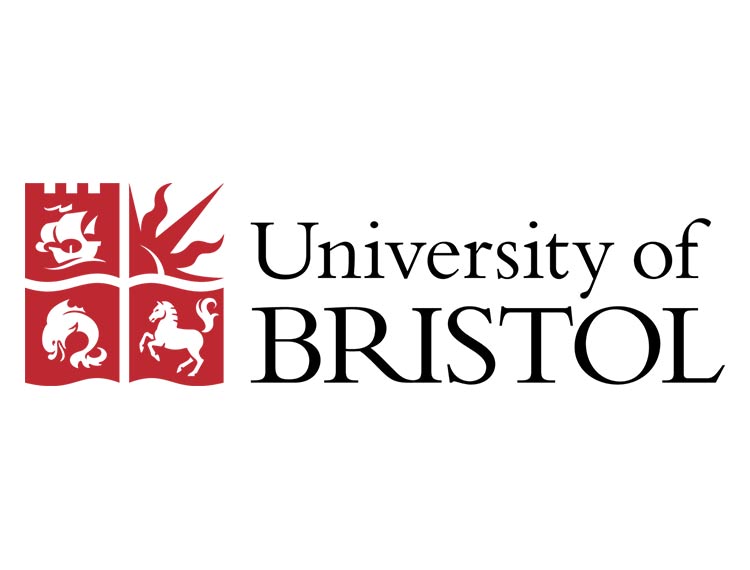University of Bristol and Yale ‘happiness Professors’ reunite for public happiness talk #MentalHealthAwarenessWeek

The renowned duo will explore science-based strategies for maintaining wellbeing and living a more fulfilling life, offering a rare chance for the public to benefit in a personal way from the insight of academics at the cutting edge of research in their field.
The talk marks the end of Bristol Student Union’s Mind Your Head campaign and falls just before the start of Mental Health Awareness Week [13 May].
The Bristol ‘Science of Happiness’ course was inspired by Professor Laurie Santos’ highly successful Psychology and Good Life classes at Yale – the most popular in its history, with one in four students enrolling.
Bristol’s course is led by eminent psychologist Professor Bruce Hood, who has carried out world-leading research into how the brain works and how human’s think. Professor Hood previously gave the prestigious Royal Institution Christmas Lectures, ‘Meet Your Brain’.
Professor Hood said: “We’re living in a climate where there are challenges to mental wellbeing, especially among younger generations.
“Most people think that the path to happiness is success in jobs, salaries, material possessions, and relationships.
“Ultimately, the aim is to give a greater understanding of what happiness is and how the human mind often sabotages happiness. Greater awareness equips people to pre-empt and improve the mental health of themselves and others.”
Professor Santos said: “I’m so excited that the class I developed at Yale has been shared with students at the University of Bristol. It’s been great to partner with Bruce to get this important content to another group of students who need it, and now to work together to take it to the wider public.”
The ‘Science of Happiness’ course, which was launched in September last year, and which was unrivalled in popularity, draws on the latest results in psychology and neuroscience to get to the root of what happiness is and how to achieve it, as well as teaching tangible practices which students can apply in their everyday lives.
The course was introduced amid growing concerns around the mental health and wellbeing of students, with 94 per cent of universities experiencing a sharp increase in the number of people trying to access support services (IPPR Report – Sept 2017). The course is one part of Bristol’s wider approach to improving wellbeing and pastoral care across the University.
Classes address a series of core issues such as whether happiness is in the genes and can really be changed, how our minds distort happiness, the role of culture in happiness, pursuing experience rather than possessions and how to reset happiness levels.
Alongside the theory, students also learn a variety of exercises to practice and reflect on how these effect happiness-levels through weekly Happiness Hubs.
Students are asked to select an exercise to put into practice for a whole week, choosing from taking time to savour enjoyment, expressing gratitude for people and things, practising random acts of kindness, making social connections, increasing physical activity, sleeping more or meditating.












Responses